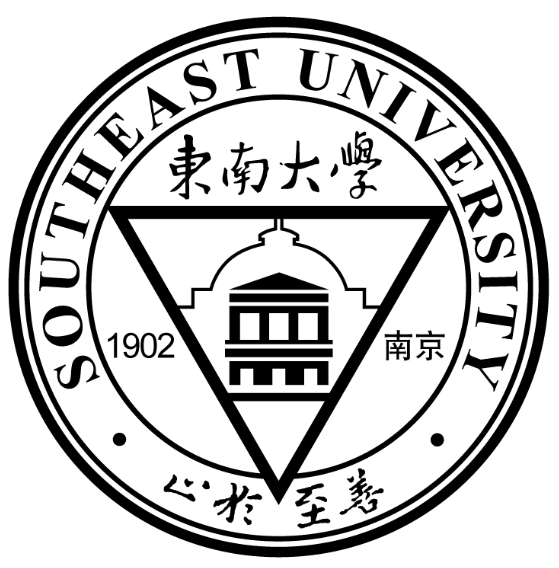Prof. Dario Bauso gave a talk on November 22nd, 2021 in our group about “Mean-Field Game for Collective Decision-Making in Honeybees via Switched Systems ”
Biography (简介)
Dario Bauso received the Laurea degree in Aeronautical Engineering in 2000 and the Ph.D. degree in Automatic Control and System Theory in 2004 from the University of Palermo, Italy. Since 2018 he has been with the Jan C. Willems Center for Systems and Control, ENTEG, Faculty of Science and Engineering, University of Groningen (The Netherlands), where he is currently Full Professor and Chair of Operations Research for Engineering Systems. Since 2005 he has also been with the Dipartimento di Ingegneria, University of Palermo (Italy). From 2015 to 2018 he was with the Department of Automatic Control and Systems Engineering, The University of Sheffield (UK), where he was Reader in Control and Systems Engineering. From 2012 to 2014 he was also Research Fellow at the Department of Mathematics, University of Trento (Italy).
He has been academic visitor in several universities. From October 2001 to June 2002, he was a Visiting Scholar at the Mechanical and Aerospace Engineering Department, University of California, Los Angeles (USA). In 2010 he was short-term visiting scholar at the Department of Automatic Control of Lund University (Sweden) and at the Laboratory of Information and Decision Systems of the Massachusetts Institute of Technology (USA). In 2013 he was visiting lecturer at the Department of Engineering Science, University of Oxford (UK) and at the Department of Electrical and Electronic Engineering of Imperial College London (UK). Since 2018-2019 he has been guest professor at Keio University, Japan.
His research interests are in the field of Optimization, Optimal and Distributed Control, and Game Theory. Since 2010 he is member of the Conference Editorial Board of the IEEE Control Systems Society. He was Associate Editor of IEEE Transactions on Automatic Control from 2011 to 2016. He is Associate Editor of IFAC Automatica, IEEE Control Systems Letters and Dynamic Games and Applications. He is the author of the monograph Game Theory with Engineering Applications, SIAM’s Advances in Design and Control series, Philadelphia, PA, USA, 2016. He has also been general chair of the 6th Spain, Italy, and Netherlands Meeting on Game Theory (SING 6).
Abstract
In this talk, we discuss the optimal control problem arising from the mean-field game formulation of the collective decision-making in honeybee swarms. A population of homogeneous players (the honeybees) has to reach consensus on one of two options. We consider three states: the first two represent the available options (or strategies), and the third one represents the uncommitted state. We formulate the continuous-time discrete-state mean-field game model. The contributions of this talk are the following: i) we propose an optimal control model where players have to control their transition rates to minimize a running cost and a terminal cost, in the presence of an adversarial disturbance; ii) we develop a formulation of the micro-macro model in the form of an initial-terminal value problem (ITVP) with switched dynamics; iii) we study the existence of stationary solutions and the mean-field Nash equilibrium for the resulting switched system; iv) we show that under certain assumptions on the parameters, the game does not admit Nash equilibrium solutions but only periodic solutions; and v) we analyze the resulting microscopic dynamics in a structured environment where a finite number of players interact through a network topology.
